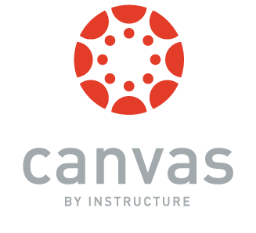Why is Efficiency a Dirty Word in Education?
When we improve a system’s economic efficiency, we allow it to produce the same amount of output (or more) with fewer inputs. Economists like these kinds of improvements because they free up resources that can be then used to produce other goods and services, and in most markets, improving efficiency in production results in higher output and lower prices for everyone.





